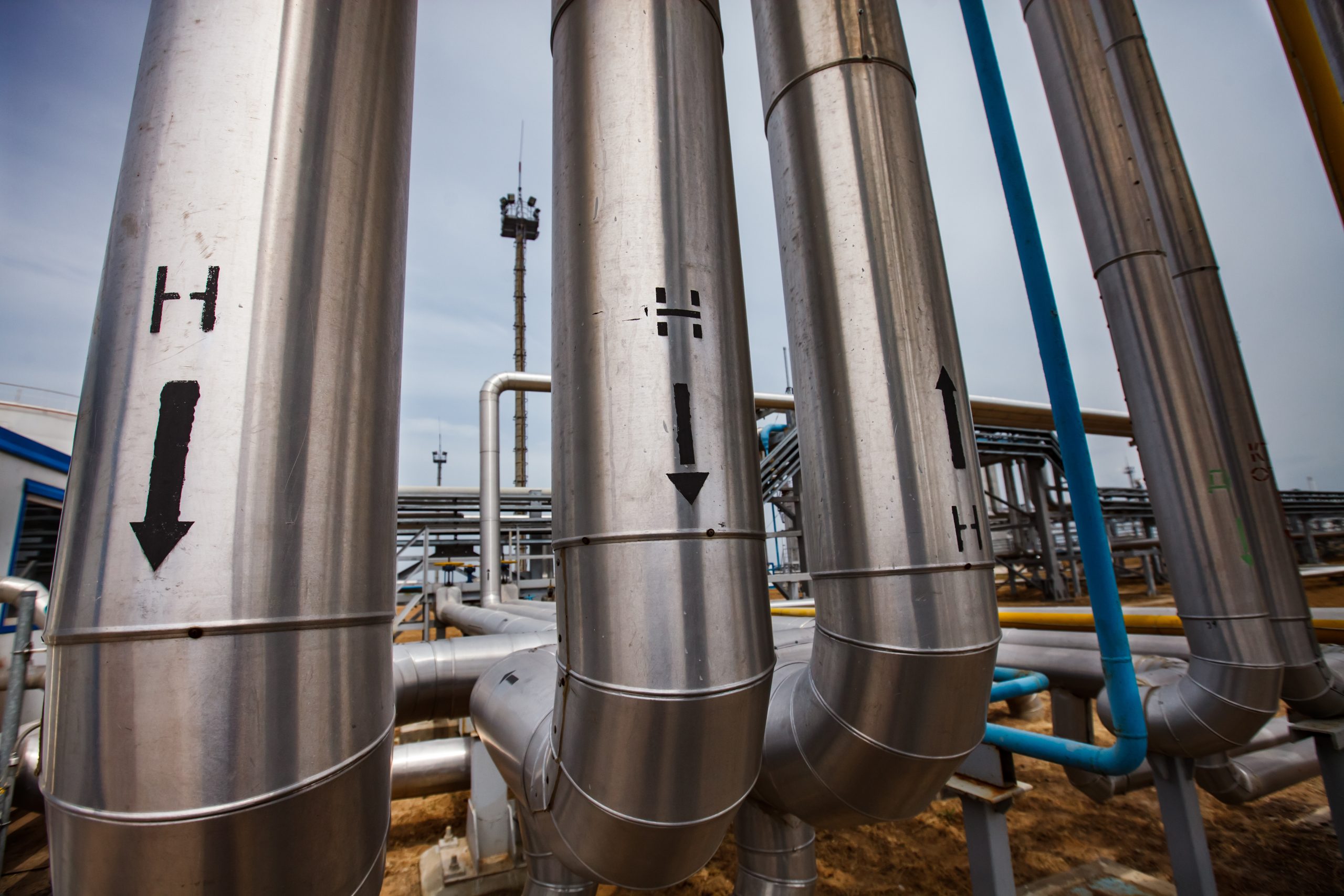Tackling the Core Questions for a Growing Hydrogen Economy

On the way to a climate-neutral Europe and a cleaner planet, guided by the European Green Plan, it is crucial to reorganise the entire energy supply and create a fully integrated energy system. The EU’s transition to a green economy needs to be combined with access to clean, affordable and secure energy for businesses and consumers.
The EU is facing a challenge – its energy production and consumption are still responsible for a large proportion of the greenhouse gases it emits. In addition, the EU remains dependent on energy imports, mainly oil and gas.
In July 2020, the Commission proposed a hydrogen strategy for a climate-neutral Europe, to accelerate the development of clean hydrogen with the aim of achieving a climate-neutral energy system by 2050.
In the report the representatives say that only green hydrogen, produced from renewable sources, can contribute to achieving climate neutrality in the long term.
Is hydrogen a renewable energy?
There are different types of hydrogen categorized by production process and greenhouse gas emissions. Pure hydrogen (“renewable hydrogen” or “green hydrogen”) is produced by electrolysis of water using electricity from renewable sources and does not emit greenhouse gases during its production.
Representatives of this topic in EU Parlament stressed the importance of classifying the different types of hydrogen and want a uniform terminology at EU level to clearly distinguish between hydrogen from renewable sources and hydrogen with a low carbon content. In addition, they want the Commission and EU countries to encourage the production and use of fuels from renewable sources.
Currently, hydrogen plays only a minor role in the overall energy supply. There are challenges in terms of cost competitiveness, production scale, infrastructure needs and perceived security. However, hydrogen is expected to enable emission-free transport, heating and industrial processes as well as inter-seasonal energy storage in the future.
What are the benefits of hydrogen?
About two percent of energy in the EU is obtained from hydrogen, of which 95 percent is produced from fossil fuels, which releases 70-100 million tons of CO2 per year.
According to research, renewable energy sources could be a significant source of energy in 2050, of which hydrogen could account for 20 percent of the supply (20-50 percent in traffic and 5-20 percent in industry).
The hydrogen economy could significantly reduce the impact of global warming, compared to the fossil fuel economy.
It is mainly used as a raw material in industrial processes, but also as fuel for space rockets.
Considering its properties, hydrogen is a good fuel because:
- Its use for energy purposes does not cause greenhouse gas emissions (water is the only by-product of the process)
- It can be used for the production of other gases, as well as liquid fuels
- Existing infrastructure (for gas transportation and storage) can be repurposed for hydrogen.
What does Parliament want?
So, to achieve 20 percent of the supply by 2050, representatives in the Parliament suggest:
- Demand incentives and the creation of a European hydrogen market and rapid deployment of hydrogen infrastructure
- Phasing out hydrogen from fossil fuels as soon as possible
- All hydrogen imports certified in the same way as hydrogen produced in the EU, including production and transport, to avoid carbon dioxide leakage
- Assessment of the possibility of repurposing existing gas pipelines for the transport and underground storage of hydrogen.
Byline: Petra Čotić

